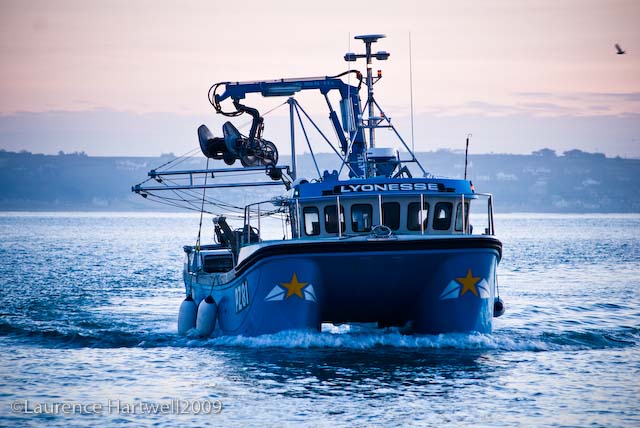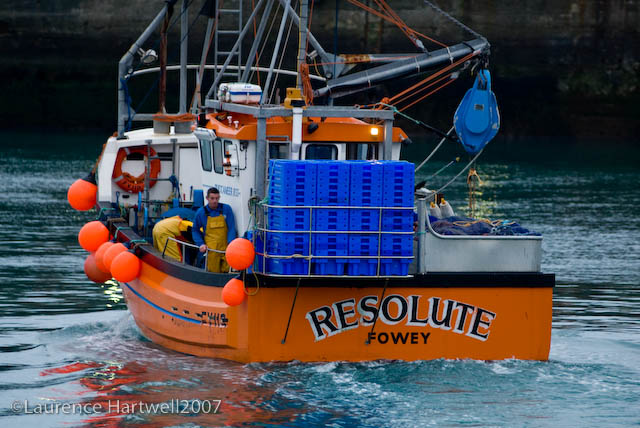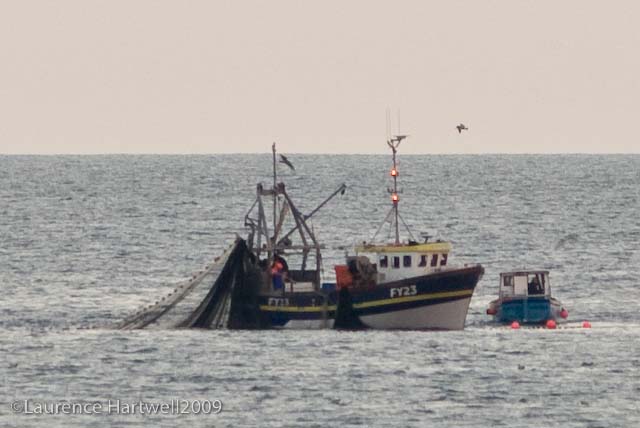The Marine Stewardship Council (MSC) has today launched a new global fund for supporting critical fishery science research and projects aimed at strengthening knowledge and global capacity to assist small scale and developing world fisheries in their journey to achieving MSC certification.
The Global Fisheries Sustainability Fund is launched with an initial allocation of £400,000, split over two years, and reflects the MSC’s commitment to increase the accessibility of the MSC program to more fisheries around the world.
Fund to address information, technology and management gaps
“MSC’s vision is of the world’s oceans teeming with life and seafood supplies safeguarded for this and future generations. Fifteen years on since the MSC was launched, more than 250 fisheries are certified to the MSC’s Standard and are demonstrating their leadership in managing our precious ocean resources sustainably.”said Rupert Howes, Chief Executive of the Marine Stewardship Council.
“However, for many fisheries, achieving the scientific, independently verified performance required for MSC certification can be a significant challenge. We have established this fund to support projects that will address the knowledge and capacity obstacles that fisheries face in gaining certification. The fund is specifically aimed at increasing the accessibility of the MSC program for more of the world’s fisheries by working to reduce barriers fisheries face in achieving the MSC Standard.” added Howes.
The MSC invites applications that will deliver critical scientific research that address information, technology and management gaps and barriers that fisheries encounter in achieving the MSC Standard, and that build the capacity of personnel to assist small scale and developing world fisheries in their improvements and gaining certification.
Academic institutions, researchers, fisheries, governments and NGOs can apply
The fund is open to academic institutions, independent researchers, fisheries, governments and non-governmental organisations. It is hoped that further allocations will be made in future years. MSC will actively seek additional, third party contributions to enhance the overall scale of the fund and hence potential grants available to applicants.
“This investment will not only help more fisheries to achieve their aspirations of sustainable ecosystem-based fisheries management, it will also help to secure seafood supplies and fishing based economies for future generations.” added Howes.
The MSC Global Fisheries Sustainability Fund supports critical fishery science research and projects.
The fund launched in July 2015 with an initial allocation of £400,000, split over two years.
What the fund is for
The fund is aimed at strengthening knowledge and capacity to assist small scale and developing world fisheries in their journey to achieving MSC certification.
The MSC invites applications that will:
- Deliver critical scientific research addressing information, technology and management gaps and barriers that fisheries encounter in achieving the MSC Standard.
- Build the capacity of personnel to assist small scale and developing world fisheries in their improvements and gaining certification.
Who the fund is open to
The fund is open to academic institutions, independent researchers, fisheries, governments and non-governmental organisations. It is hoped that further allocations will be made in future years. The MSC will actively seek additional, third party contributions to enhance the overall scale of the fund and hence potential grants available to applicants.
How to apply
The deadline for applications for 2015 is October 31st, with awardees to be announced towards the end of the year.
Organisations and individuals interested in making an application for funding should contact the MSC via GFSF@msc.org to request guidance and an application form. All applications should be in English.










